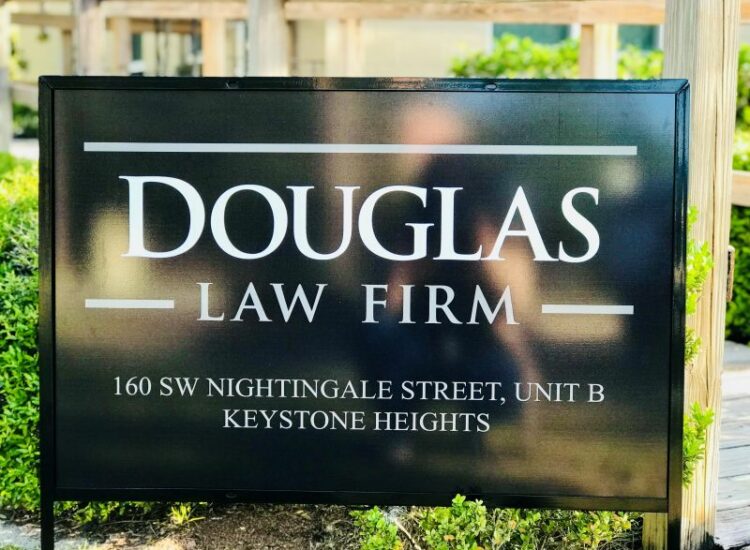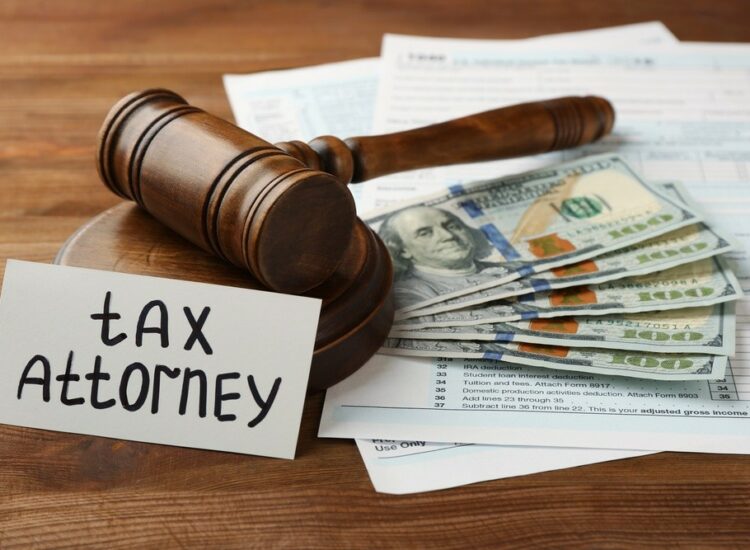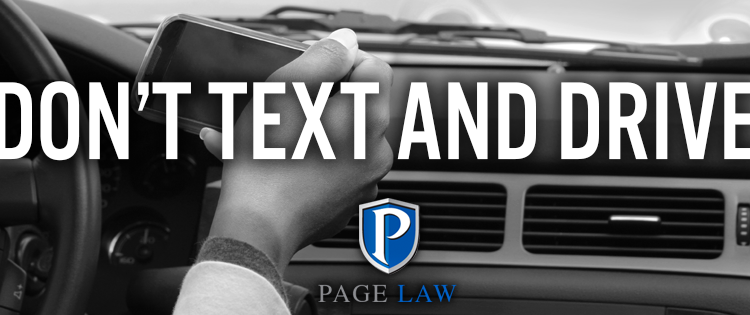Navigating Florida’s court system can be a daunting experience for anyone facing criminal charges. Understanding your rights, the intricacies of the law, and the differences between misdemeanors and felonies is crucial. This comprehensive guide is designed to help you find the best lawyer in Florida, enabling you to effectively navigate this complex legal landscape.
Toc
- 1. Understanding Florida’s Criminal Justice System
- 2. Finding Qualified Criminal Lawyers in Florida
- 3. Related articles 01:
- 4. Evaluating Potential Criminal Defense Lawyers
- 5. Leveraging Resources and Addressing Concerns
- 6. Related articles 02:
- 7. Addressing Common Concerns in Your Search
- 8. Current Trends in Criminal Defense
- 9. Conclusion
Understanding Florida’s Criminal Justice System

Florida’s criminal justice framework can be overwhelming for defendants. Familiarizing yourself with the structure of the courts and the rights afforded to you under the law is essential.
Overview of Florida’s Court System
Florida operates under a dual court system comprising state and federal courts. Most criminal cases are handled by state courts, while federal courts deal with offenses that breach federal laws. The state system includes several tiers: county courts, circuit courts, and the Florida Supreme Court. Each court has specific jurisdictions, making it vital to understand where your case will be heard for effective legal representation.
State Attorneys vs. Public Defenders
A significant aspect of Florida’s criminal justice system is the difference between state attorneys and public defenders. State attorneys represent the prosecution and typically have larger budgets and more support staff than public defenders. This disparity in resources can significantly impact case outcomes, especially in complex or high-profile cases. Public defenders, while qualified attorneys, often manage a high volume of cases, which can limit the attention your case receives. Understanding these distinctions is crucial when evaluating your legal representation options.
Misdemeanors vs. Felonies
Recognizing the distinction between misdemeanors and felonies is crucial for defendants. Misdemeanors are generally less severe offenses, often resulting in fines or short jail sentences. In contrast, felonies are serious crimes that can lead to significant prison time and substantial fines. The repercussions of these charges can profoundly affect your life, impacting employment prospects and personal relationships.
Know Your Rights
Every defendant in Florida has fundamental rights under the law, including Miranda rights and the right to counsel. If arrested, law enforcement must inform you of these rights before questioning. Understanding your rights empowers you to make informed decisions throughout the legal process.
The Plea Bargaining Process
Plea bargaining is a common practice in Florida’s criminal justice system, allowing defendants to negotiate a plea deal with the prosecution. This typically involves pleading guilty to lesser charges in exchange for reduced sentences. While this can be beneficial, consulting with your lawyer to understand the implications of accepting a plea deal is essential.
Finding Qualified Criminal Lawyers in Florida
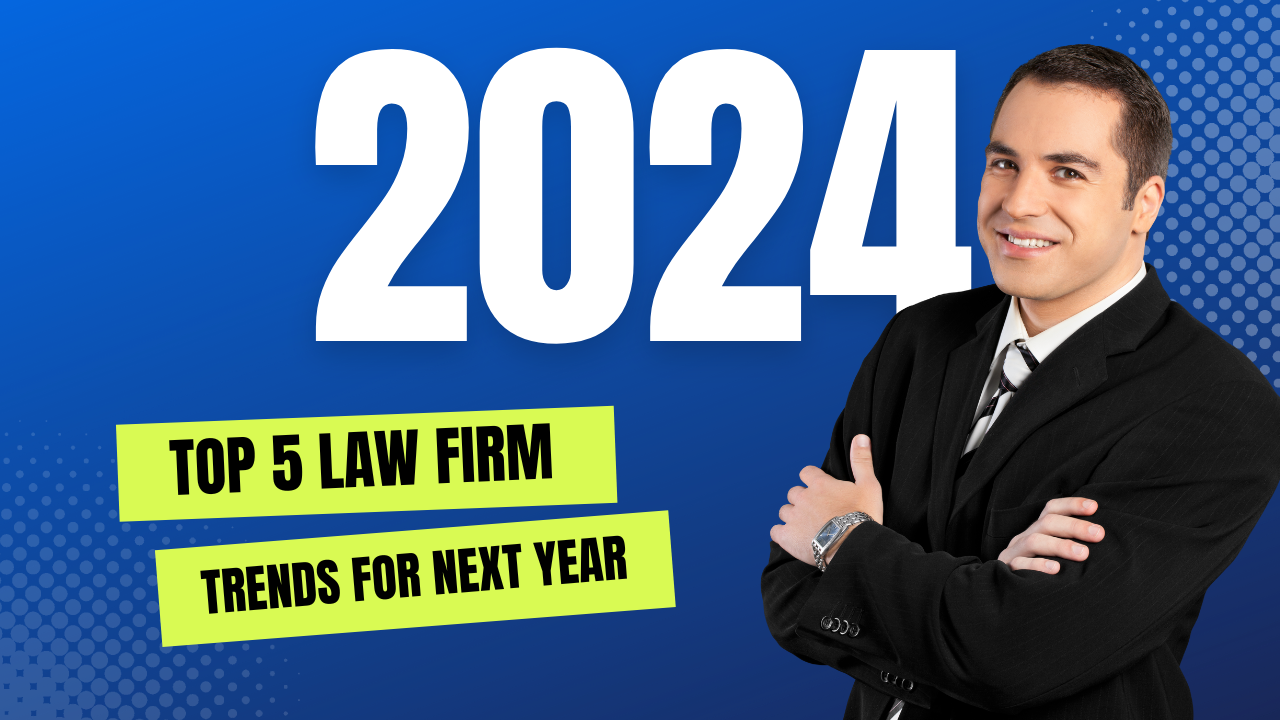
Finding the best criminal lawyer in Florida requires thorough research and consideration. Here are several strategies to help you locate qualified attorneys who can effectively represent your interests.
1. https://dungcutapyoga.vn/archive/1973/
2. https://dungcutapyoga.vn/archive/1975/
3. https://dungcutapyoga.vn/archive/1978/
A. Online Resources
The internet is a valuable resource in your search for a lawyer. Various online directories and lawyer referral services can help you identify potential candidates. However, carefully consider online reviews, as they may not always accurately reflect an attorney’s true capabilities.
For example, the Florida Bar website is an excellent resource for verifying an attorney’s credentials and checking for any disciplinary actions. You can contact The Florida Bar at 850-561-5600 for more information, ensuring you are consulting legitimate criminal lawyers in Florida.
Additionally, websites like Avvo and Martindale-Hubbell provide ratings and reviews of lawyers. While these platforms can be helpful, remember that these ratings are subjective and may not fully reflect an attorney’s skill or experience in all areas of criminal law.
B. Networking and Referrals
Personal recommendations can be one of the most effective ways to find a competent lawyer. Reach out to family, friends, or community leaders who may have experience with criminal defense attorneys. Additionally, professionals like social workers or bail bondsmen can often provide valuable referrals based on their networks.
C. County-Specific Bar Associations
Many counties in Florida have bar associations that offer resources and referrals for legal representation. Organizations like the Broward County Bar Association and the Miami-Dade Bar can connect you with attorneys who specialize in criminal defense. Engaging with these associations provides insights into local attorneys’ reputations and specialties.
D. Specialty Certifications
When searching for a lawyer, consider those who are board certified in criminal law by the Florida Bar. Board certification indicates that an attorney has met rigorous standards of experience and knowledge in criminal law. Additionally, certifications in specific areas such as DUI defense or juvenile law can signal specialized expertise beneficial for your case.
Evaluating Potential Criminal Defense Lawyers
Once you’ve identified potential lawyers, the next step is to evaluate their qualifications and determine if they are the right fit for your case.
A. Assessing Qualifications and Experience
When evaluating a lawyer, consider their years of experience and success rate in handling cases similar to yours. While an attorney may highlight high-profile cases, it’s important to investigate their actual track record in achieving favorable outcomes for clients. Furthermore, consider their specialization within criminal law; an attorney who focuses on drug offenses may not be the best fit for a theft case.
Before hiring any attorney, always check the Florida Bar website for any disciplinary actions or complaints filed against them. This crucial step ensures you are hiring a reputable and ethical professional.
B. Communication and Client Relations
Effective communication between you and your attorney is crucial. During your initial consultations, observe how well the lawyer listens to your concerns and explains complex legal concepts. A responsive attorney who makes you feel comfortable is more likely to foster a productive attorney-client relationship.
C. Understanding Fees and Payment Structures
Before hiring a lawyer, it’s essential to understand their fee structure. Attorneys may charge hourly rates, flat fees, or operate on a contingency basis. Ensure that you have a clear agreement regarding payment terms and inquire about any available payment plans. Understanding the costs involved can help you avoid unexpected financial burdens down the line.
Leveraging Resources and Addressing Concerns
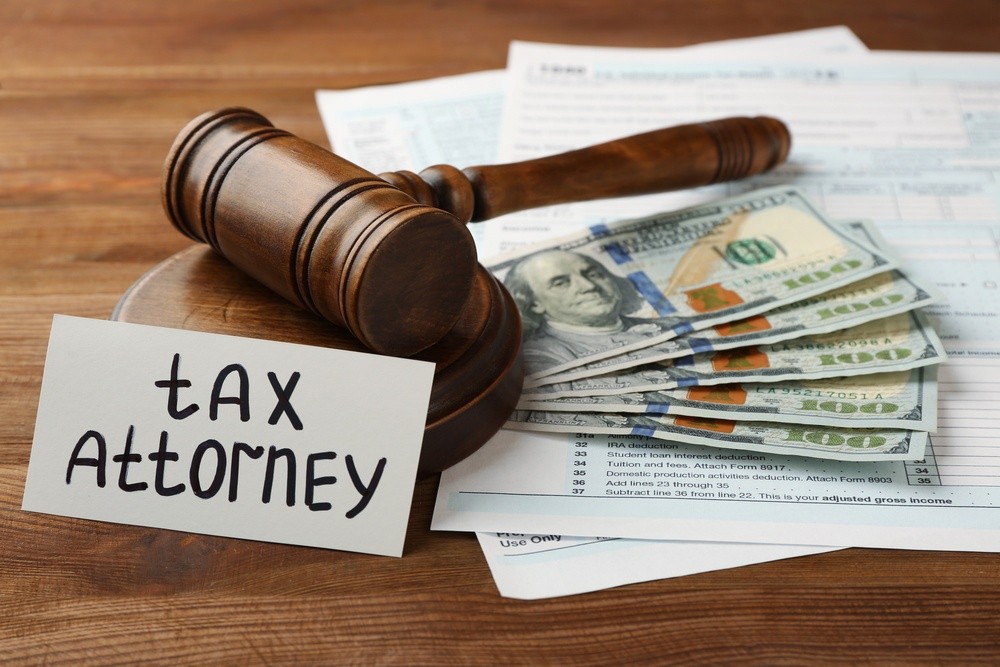
Many lawyers in Florida offer lawyers in Florida free consultation, providing an excellent opportunity to assess their suitability for your case.
1. https://dungcutapyoga.vn/archive/1975/
2. https://dungcutapyoga.vn/archive/1978/
3. https://dungcutapyoga.vn/archive/1973/
Preparing for Your Consultation
To maximize your free consultation, gather relevant documents and prepare a list of questions to ask the attorney. This preparation will help you present your case clearly and gauge the attorney’s expertise in addressing your specific concerns.
Resources for Financial Assistance
If you find yourself unable to afford legal representation, options are available. Public defenders and legal aid organizations can assist those facing financial constraints. Research local resources to find organizations that may help you secure legal help.
Addressing Common Concerns in Your Search
As you navigate the process of finding a criminal defense attorney, you may encounter common concerns or misconceptions that can influence your decision.
A. Understanding the Top 10 Lawyers in Florida Lists
While lists of the Top 10 Lawyers in Florida can be enticing, it’s crucial to recognize their limitations. Such rankings may rely on subjective criteria and do not necessarily reflect a lawyer’s effectiveness in handling cases similar to yours. However, these lists can highlight attorneys with a proven track record of handling numerous cases successfully. Always conduct independent research to ensure the attorney’s expertise aligns with your specific needs.
B. The Reality of Richest Lawyers in Florida
The financial success of an attorney does not equate to their legal skill or effectiveness. While some lawyers may command high fees, it’s essential to prioritize experience, specialization, and your comfort level with the attorney over their financial status.
C. Exploring Lawyer in Florida Salary Information
Salary ranges for criminal defense attorneys in Florida can vary widely based on experience, location, and the complexity of the cases they handle. Understanding the average salary can provide context for the fees you may encounter, but it’s vital to focus on the value of the legal services provided rather than solely on costs.
D. The Importance of Due Diligence
Conducting thorough research and due diligence before selecting a lawyer is paramount. Take the time to read reviews, check credentials, and meet with potential attorneys. The effort you invest in this process can pay off significantly in the long run, leading to a more favorable outcome for your case.
Current Trends in Criminal Defense
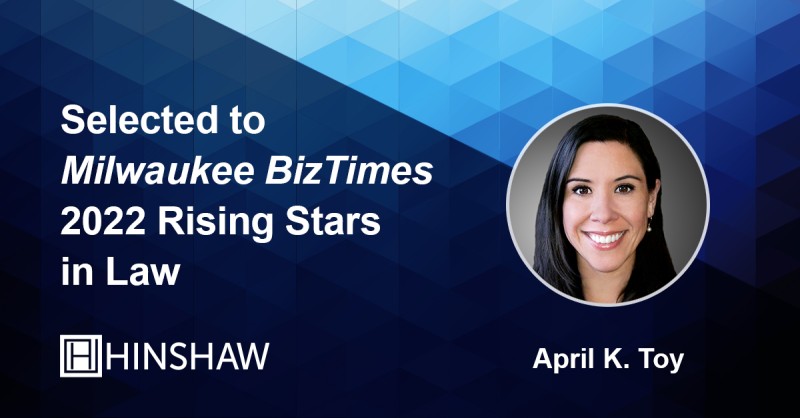
In addition to traditional legal skills, the increasing reliance on digital evidence necessitates attorneys with expertise in digital forensics and cybersecurity. Attorneys who can effectively navigate the complexities of digital evidence are becoming increasingly crucial for successful defense strategies. As technology continues to evolve, having a lawyer knowledgeable about these trends can make a significant difference in your case.
Conclusion
Finding the best lawyer in Florida is a crucial step for criminal defendants seeking effective legal representation. By understanding the structure of Florida’s criminal justice system, evaluating potential attorneys, and utilizing available resources, you can navigate this challenging landscape with confidence. Remember to prioritize your needs and comfort when making a decision, and don’t hesitate to seek out the support of local bar associations or legal aid organizations if necessary. Start your search today and take the first step towards securing effective legal representation.
